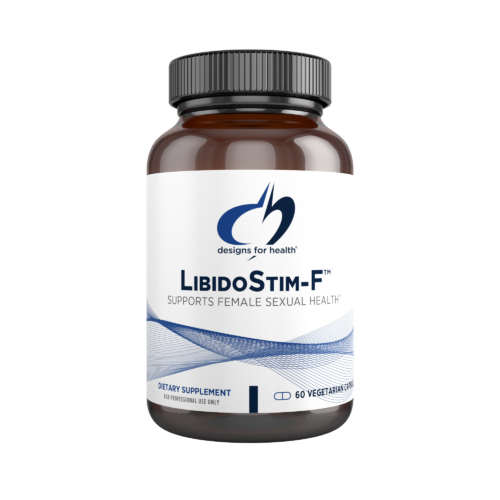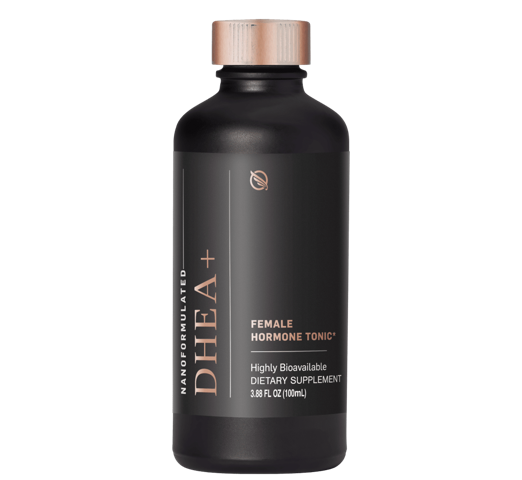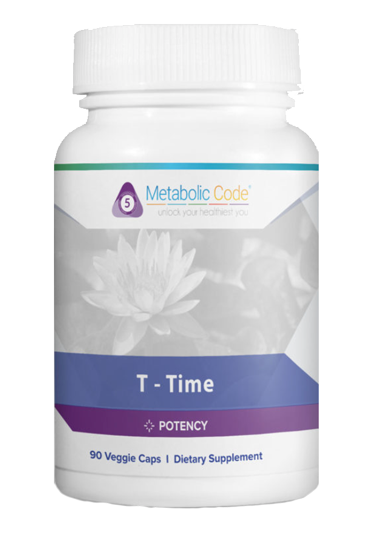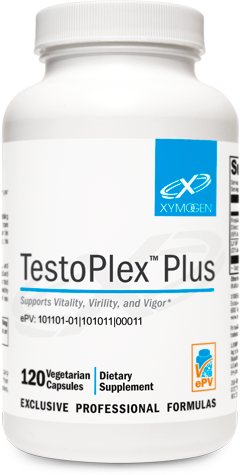Have you observed a decline in your interest in sexual activity?
Libido, which denotes your level of sexual desire, can fluctuate throughout your life due to various factors such as the usage of certain medications, alterations in lifestyle, hormonal shifts, and the natural aging process. Studies have revealed a correlation between sexual activity and happiness, implying that diminished libido might adversely affect your relationships and overall well-being.
The encouraging news is that there are numerous strategies to enhance libido, including maintaining a nutritious diet, engaging in regular physical activity, and incorporating specific dietary supplements under the guidance of your healthcare provider. As you read more about empowering your libido for lifelong vitality, we will shed some light on the concept of libido, examine potential causes of diminished libido, and outline methods to elevate it.
What is libido?
Libido represents your overall sexual urge or desire level, influenced by a multitude of physical factors such as hormone levels, underlying health conditions, medication use, and consumption of alcohol or drugs. Additionally, psychological elements like stress, anxiety, and depression, along with social dynamics such as communication and trust levels in relationships, can impact libido. As these factors undergo changes, particularly with age-related hormonal fluctuations, your libido may also vary.
To accurately define libido, it is essential to clarify what libido is not. For instance, libido is not solely determined by the frequency of sexual activity. You can possess a healthy sexual drive even in the absence of sexual encounters, while others may engage in sexual activity despite a low desire for it.
Moreover, libido is independent of moral or rational viewpoints regarding sex; it signifies a fundamental desire. In other words, individuals might exhibit high libido yet choose not to engage in sexual activity for other reasons. Additionally, libido is distinct from sexual or erectile dysfunction. Lastly, libido is not the same as your desire for love and emotional connection. One can have a deep romantic bond without strong sexual desires, finding fulfillment through other forms of connection.
What causes diminished libido?
Understand that only you can ascertain whether your libido is insufficient. Sometimes, when discussing diminished libido, what is actually meant is a discrepancy in libido between partners. This incongruity can arise if one partner desires more sexual activity than the other. While such differences can strain relationships, they do not necessarily indicate inherent issues with either partner. There exists no universally accepted “normal” level of libido, as what may be considered normal for one partner could be perceived as too low or too high for another. If mismatched libido levels pose challenges in your relationship, it is best to avoid blaming and instead engage in open communication with your partner, healthcare provider, or couples therapist.
If low libido significantly impacts your life, your healthcare provider can explore potential underlying health conditions as the root cause. The most prevalent condition associated with diminished libido is hypoactive sexual desire disorder (HSDD), also known as male hypoactive sexual desire disorder (MHSDD) or female sexual interest/arousal disorder (FSIAD).

Diminished libido can stem from both physical and psychological factors. Physical factors contributing to low libido may include fatigue, hormonal imbalances (e.g., hypothyroidism, fluctuations in testosterone or estrogen levels), excessive alcohol or drug consumption, and certain medications (e.g., antidepressants, antihypertensives). On the other hand, psychological factors such as anxiety, depression, body image concerns, past negative sexual experiences (including a history of abuse), relationship conflicts, and stress can also influence your libido.
Diminished libido in women
HSDD affects approximately 5 to 46% of women in the United States, with higher prevalence observed among women aged 45 to 64. Hormonal fluctuations related to menstruation, menopause, and breastfeeding can affect women’s libido due to their influence on hormone levels.
Dr. Kaufman recommends these products for impacting women with low libido:
Diminished libido in men
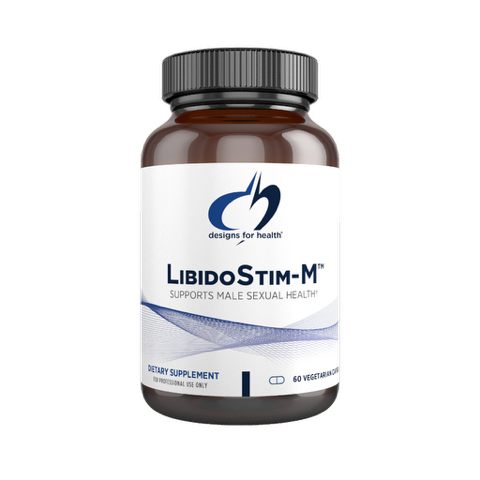
Diminished libido is less prevalent in men compared to women, with estimates ranging from 0 to 7%. Apart from the aforementioned causes, low libido in men is often attributed to reduced levels of testosterone, which naturally decline with age. (Learn more with our testosterone quiz.)It is essential to differentiate between diminished libido and erectile dysfunction (ED), as a man may experience a desire for sexual activity despite encountering difficulties in achieving or maintaining an erection.
Dr. Kaufman recommends these products for women and men to enhance low libido:
How to enhance libido
The initial step towards enhancing libido involves adopting a holistic approach to health, encompassing a balanced diet, adequate sleep, regular exercise, stress management, and moderation in alcohol consumption. If you suspect that a specific medication is contributing to diminished libido, discuss alternative treatment options with us or another healthcare provider. In cases where psychological factors outweigh physical causes, individual counseling or couples therapy may be beneficial.
During consultations with a healthcare provider or therapist, honesty regarding your experiences and desires is paramount. Although discussing sexual issues may feel uncomfortable, open communication facilitates effective assistance from healthcare providers. Lifestyle adjustments or supplementation may be recommended to address diminished libido. Additionally, hormone therapies, including testosterone therapy, may be prescribed to enhance libido in individuals with low testosterone levels, potentially benefiting those with normal levels as well. Testosterone therapy may also have a positive impact on female libido.



